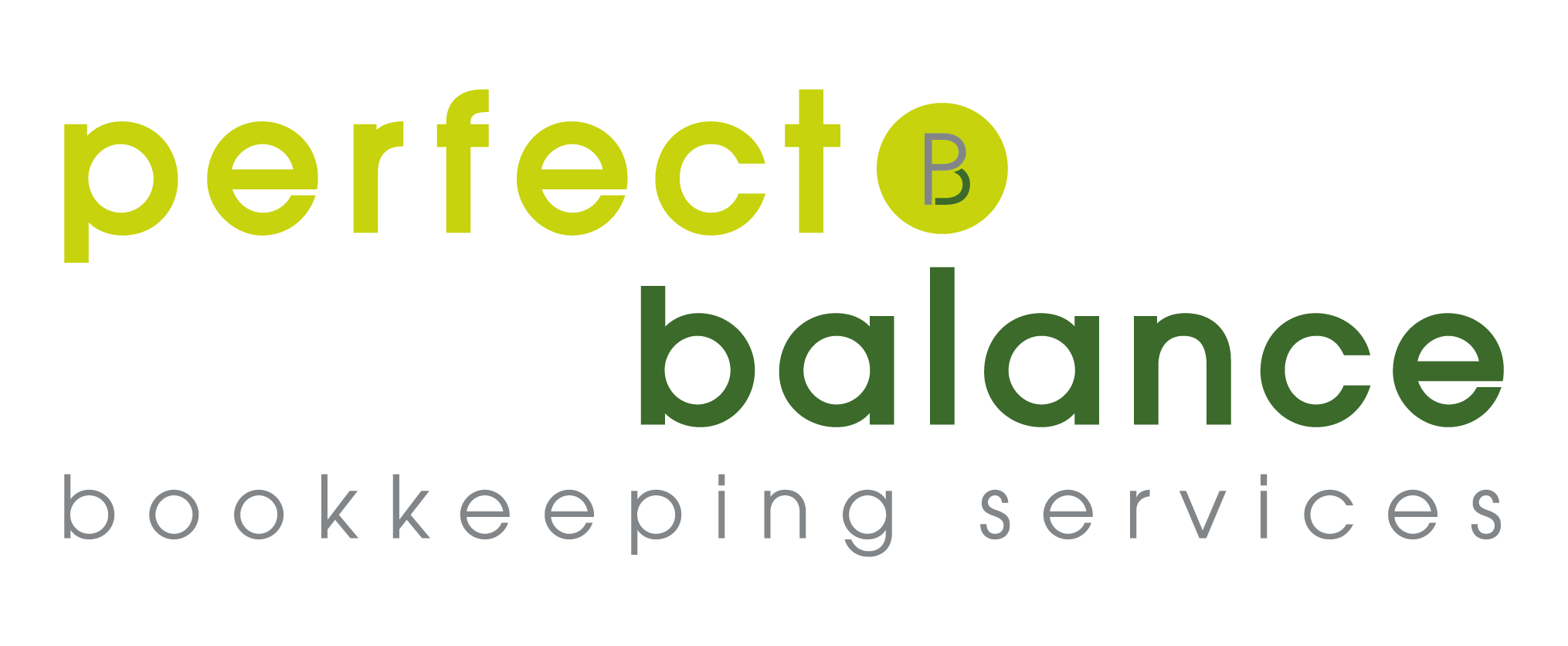Sole Traders – How to get started!
The construction industry is an ever evolving sector with ample opportunities for individuals looking to launch their own businesses.
Trades in this field cover a wide range of specialties, including plumbing, electrical work, carpentry, painting and decorating, and general construction.
Becoming a sole trader is an exciting step towards entrepreneurship, but it’s essential to understand what it means to be a sole trader and the responsibilities involved, as this can seem daunting at first.
What does it mean to be a Sole Trader?
As a sole trader, you are the sole owner of your business, which makes you personally liable for its debts.
This means:
- You are responsible for repaying any business debts using your personal income.
- If you’re unable to repay, creditors may take further action against you personally, as sole traders operate under unlimited liability.
Don’t worry! We’ve put together a comprehensive guide to walk you through the key steps to help you get started as a sole trader in the construction industry.


Upcoming Workshop for Sole Traders
We’re also thrilled to announce an upcoming workshop tailored specifically for sole traders in the construction industry!
Date & Time: Wednesday 26th February 2025, 9:30 AM – 2:00 PM
Location: The Glasshouse at The Wyvern Pub, Church Crookham, Hants, GU52 8JY
Topics covered:
- Deadlines: Understanding important timelines for tax and compliance.
- Roles & Responsibilities: Clarifying your obligations as a sole trader.
- CIS (Construction Industry Scheme): Ensuring compliance with the CIS.
- VAT Registration: Determining if and when you need to register for VAT.
- Domestic Reverse Charge VAT: Understanding how this affects invoicing and payments.
- Bank Accounts: Guidance on managing your business finances effectively.
- Insurance: Understand the types of insurance you need to protect your business.
- Accounts & Record Keeping: Learn best practices for tracking your finances.
- Invoicing: Tips for creating and managing professional invoices.
- Tax Returns: Step-by-step guidance on filing your taxes.
What’s included?
- Workbook: A handy workbook containing all the information covered during the session.
- Refreshments: Unlimited tea and coffee throughout the day.
- Lunch: Enjoy a delicious lunch with a drink of your choice—yes, you can have a beer if you want!
